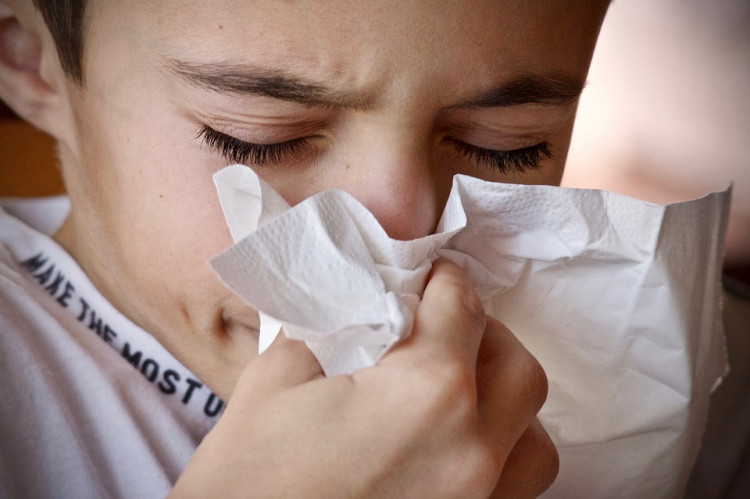Cold is a common infection, but some people aren't aware that the remedy they are trying is not as good as it seems. When it comes to cold prevention strategies, it's important to know what's good to try and what's not.
Parents should know the evidence-based cold prevention strategies, said Gary Freed, M.D., M.P.H., a pediatrician at the University of Michigan C.S. Mott Children's Hospital. He noted that although some methods are effective in preventing children from getting a cold, others haven't shown to make any difference.
Freed was the co-director of a new poll which shows that some parents still stick cold prevention strategies that are based on folklore rather than scientific evidence.
For instance, children are being told not to go outside with wet hair because they'll probably catch a cold. But, exposure to cold viruses is the only thing that leads to the infection, not going outside with wet hair, according to Dr. Pritish Tosh, a Mayo Clinic infectious diseases physician.
Another example is that vitamin C prevents colds by boosting the immune system. Yet, this only seems to be the case for those who are under intense physical stress (soldiers, marathon runners, etc.) in extremely cold weather conditions. There's no evidence vitamin C can actually ward off colds for the general population.
Taking vitamin C supplements and multivitamins don't prevent cold as well. Since they do not require regulation by the Food and Drug Administration, the majority of these products were falsely advertised as a solution, Medical Daily reported.
Freed said these folklore strategies are passed down through generations even though they lack scientific evidence. The truth is, we can't ensure we'll be 100 percent protected from cold viruses, but there are science-based tactics that can reduce our risk of getting a cold.
The most effective one is to have good personal hygiene. Handwashing is often neglected, but it can actually save you from getting a cold as experts said cold viruses usually reside on the hands. The Centers for Disease Control and Prevention suggests that if you don't have access to soap and water, try to at least use an alcohol-based hand sanitizer.
If people around you are infected, it's better not to share utensil and foods with them and avoid physical contact like hugging and kissing. Doctors also said to avoid touching your face frequently because some viruses can enter the body via mouth, nose, and eyes.
Having a clean environment is also important, like wiping the frequently-used surfaces such as countertops, remote controls, as well as door knobs. Toys often played by children should also be cleaned regularly.






